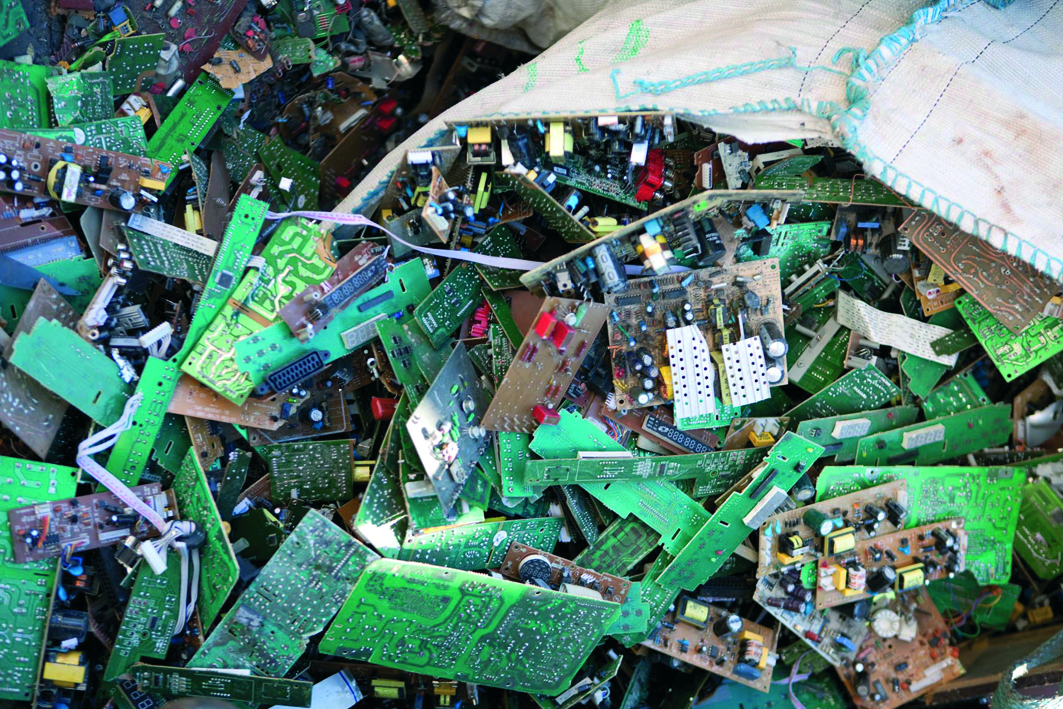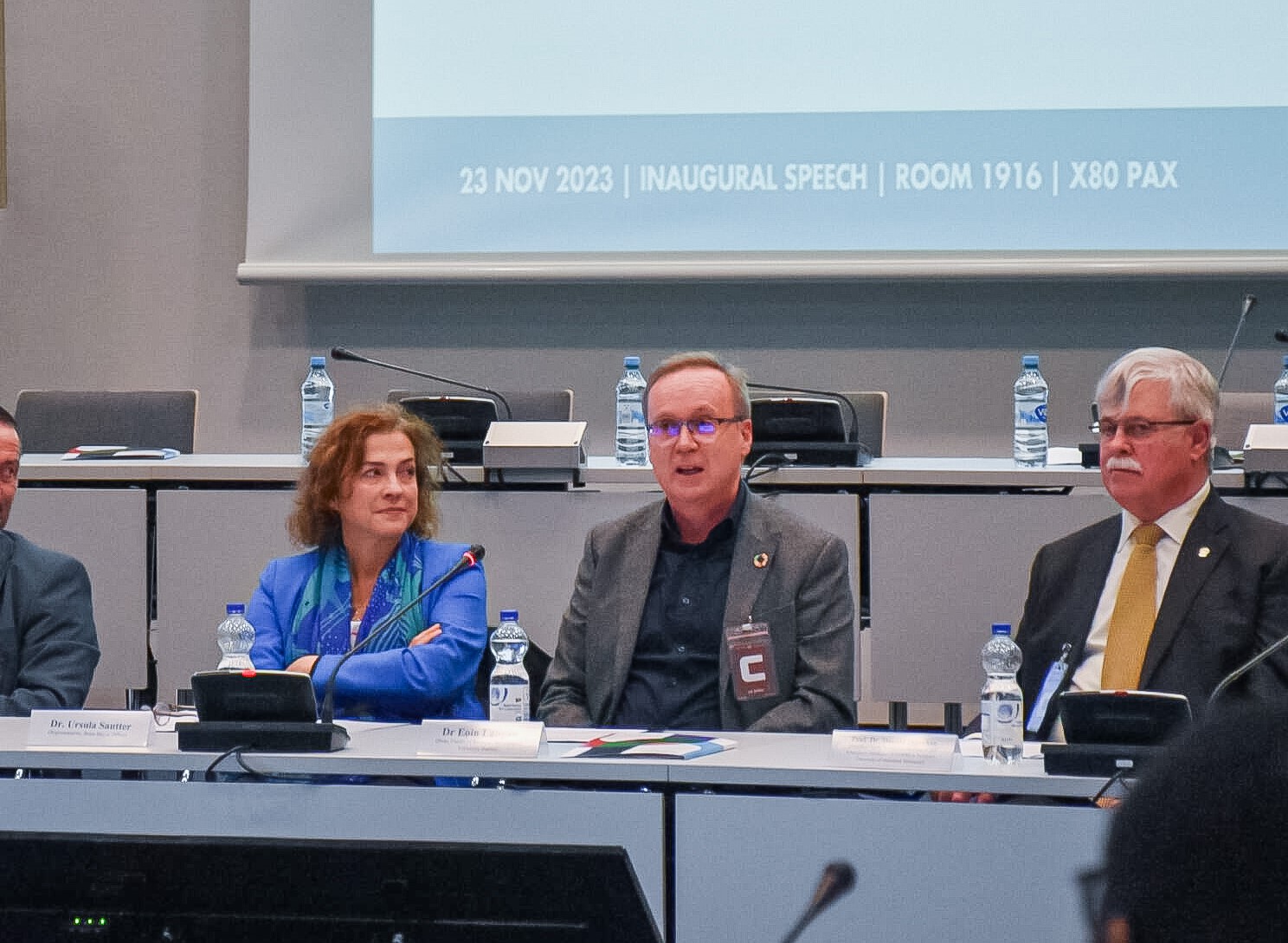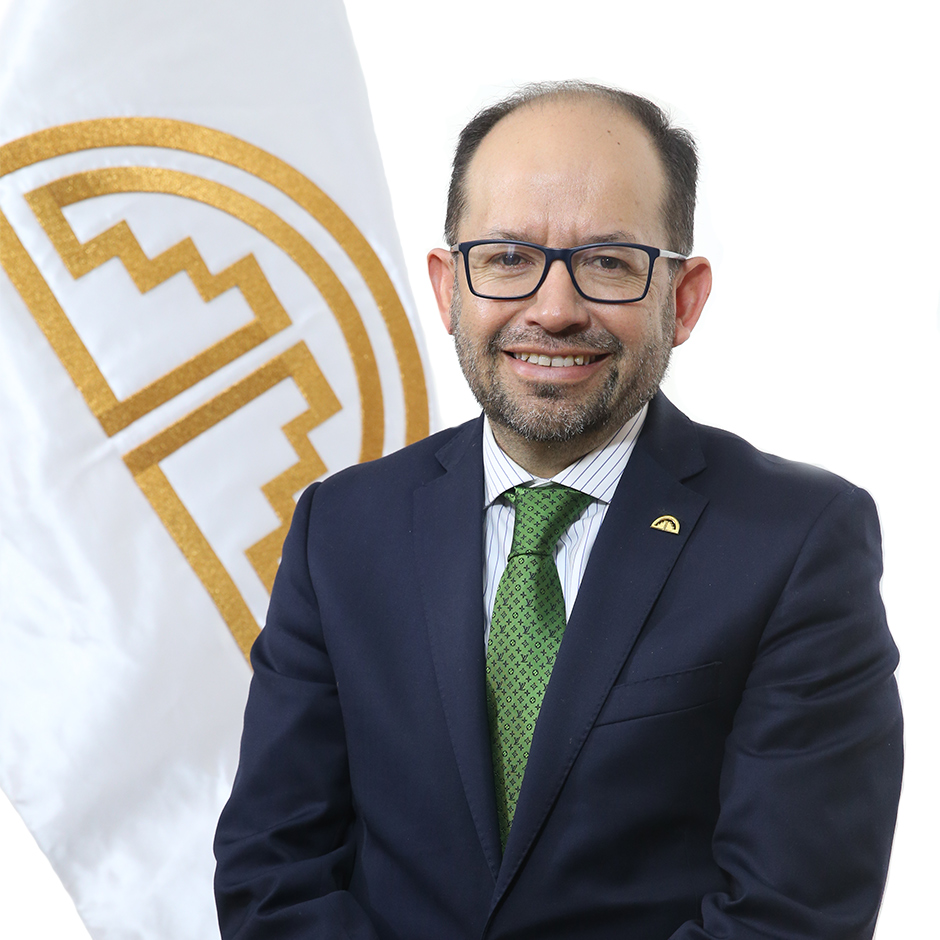Dr. Eoin Langan, with a background in accounting, finance, and IT consulting, transitioned to Higher Education at TU Dublin in 2019. He initially served as Head of School for Accounting and Finance and became Dean of the Faculty of Business in September 2021. He brings extensive executive management experience from industry and academia, focusing on collaboration, staff development, and inclusive leadership.
Dr. Langan's strong interest in innovation, technology, entrepreneurship, and sustainability within Higher Education was showcased when he served as a keynote speaker at the International Research Climate Security Conference organized by UNITAR. Held in Bonn, Germany, on 24 November 2023, the conference gathered experts from diverse backgrounds to explore the intersections of climate change and security.
TU Dublin, in collaboration with UOC and WADEM, played a pivotal role in advancing discussions on climate resilience, adaptation, and multilateral cooperation at the conference. Dr. Langan emphasized the need for transformative educational models and transdisciplinary approaches to effectively address climate security challenges. The conference provided crucial insights and a roadmap for policymakers and practitioners aiming to achieve the UN Sustainable Development Goals by 2030.
Looking forward, the second edition of the conference is scheduled for December 2024 at UN offices in Brussels, continuing to foster collaboration and drive actionable strategies in climate security and sustainable development.




